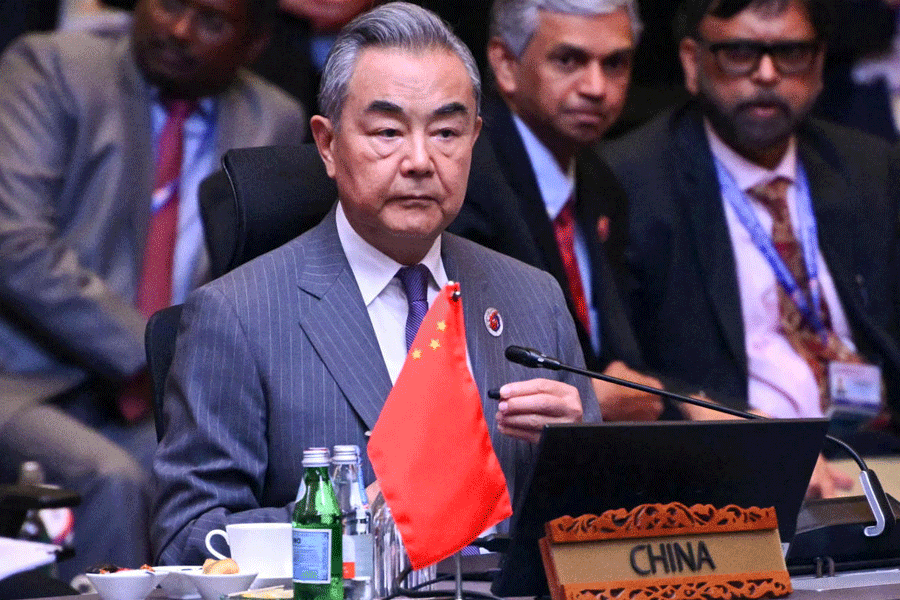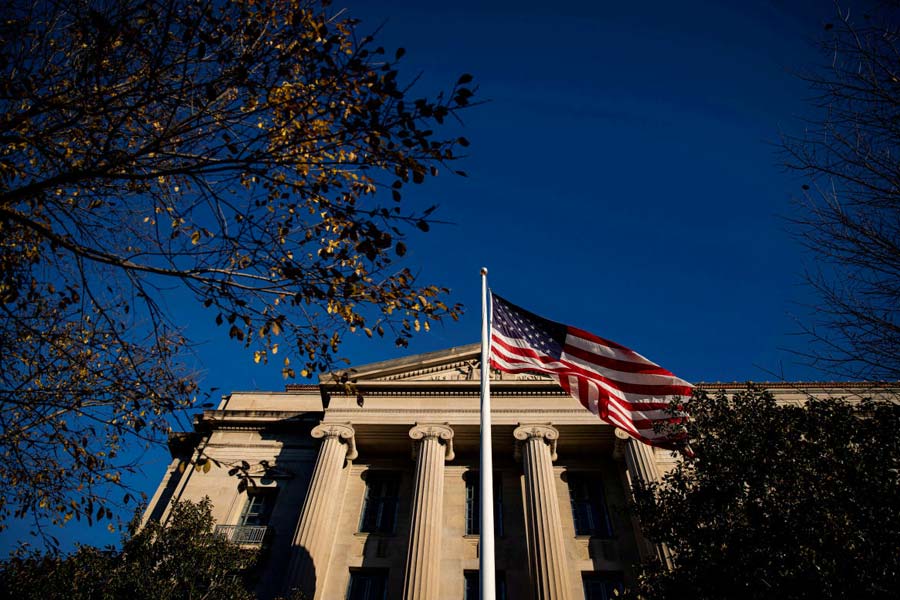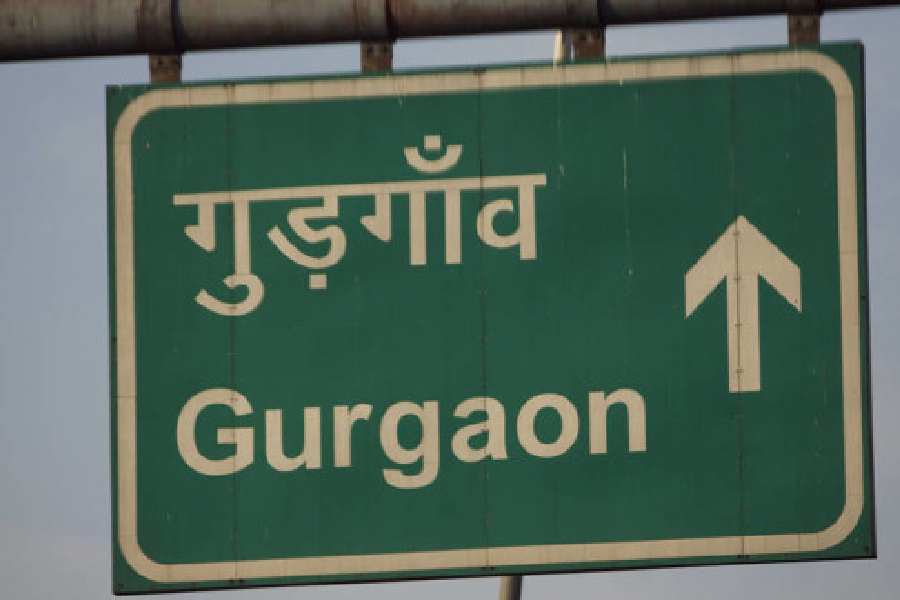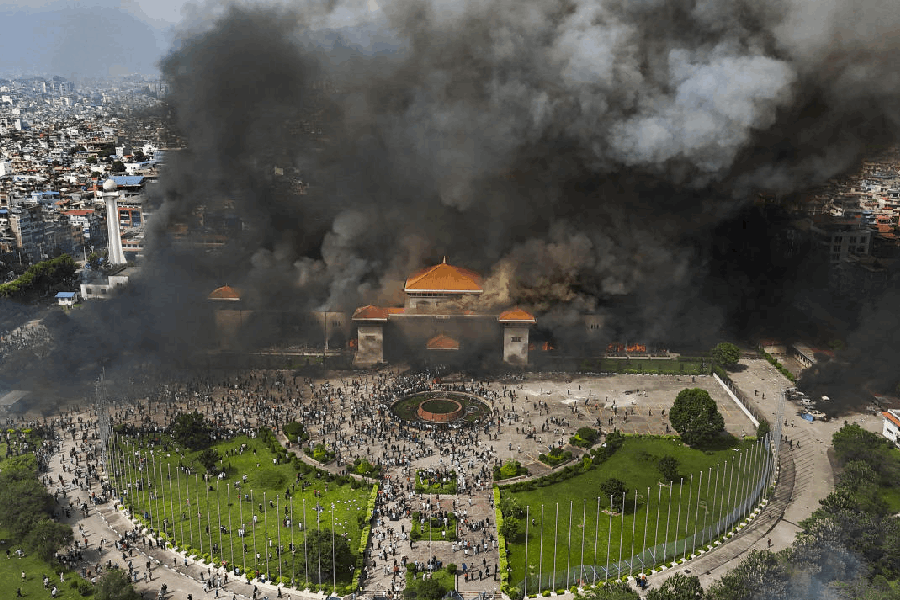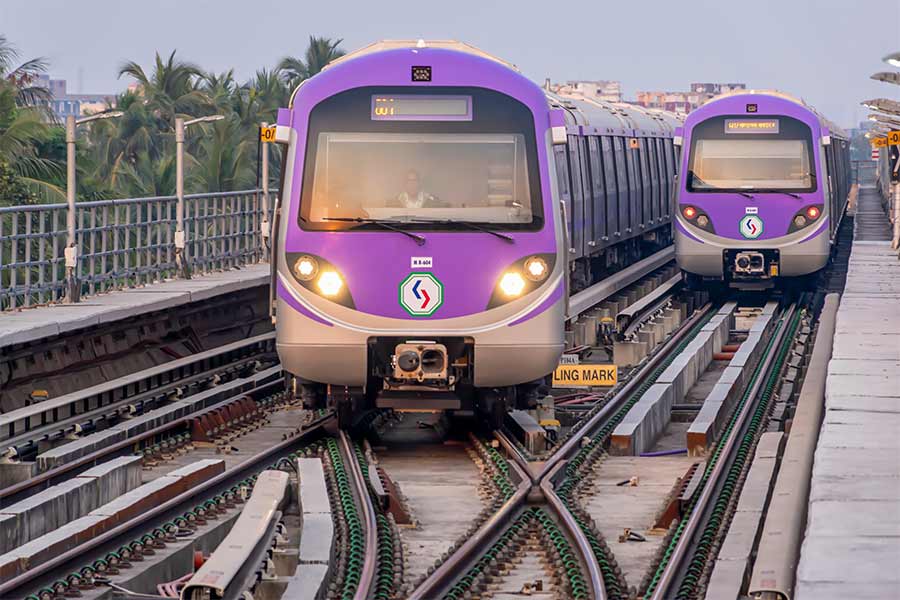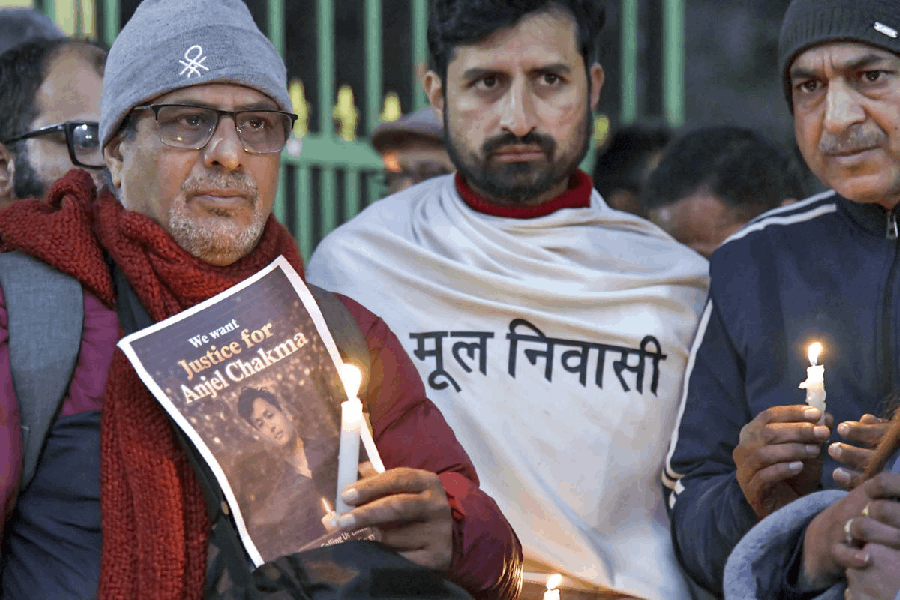 |
| Children pay tributes to Navakanta Barua at a function organised by Navakanta Barua Foundation on his third death anniversary last year. Picture by UB Photos |
July 13: Tomorrow is the fourth death anniversary of poet Navakanta Barua ? the “king of modern Assamese poetry”.
This year, Barua’s family members and admirers will also pay tribute to two other poets who were closely associated with him. Keshav Mahanta, Navakanta Barua’s friend, and Dwijendra Mohan Sarma, his disciple, passed away recently.
The Navakanta Barua Foundation will organise a daylong programme on poetry, art and music in memory of the three poets tomorrow.
“We have been observing the death anniversary of my father for the past three years with various art and cultural programmes,” said Upala Barua, daughter and member of the foundation. “The sudden death of both the literary giants, Mahanta and Sarma, came as a shock to the poetry lovers of the state. Moreover, both the poets shared a close relationship with my father. So it will be in the fitness of things to bring them together,” she added.
While Mahanta received the Sahitya Akademi award for his poetry collection Mur Jey Kiman Hepa in 1993, Sarma has left behind a legacy of 500-odd songs.
The Navakanta Barua Foundation will organise a programme tomorrow where children can paint, dance, sing and recite poems written by the three poets. An exhibition of some rare photographs of the poets is also on the cards.
In the evening, there will be a talk on the poets and their close association by scholar Dilip Baruah.
The foundation will also declare a slew of new programmes it plans to undertake. “We are all set to start our research wing. The wing will try to bring forth several undiscovered facts about the region,” said Upala Barua.
A teacher by profession, Navakanta Barua had received innumerable awards, including the Sahitya Akademi Award, for his novel Kakadeutar Har in 1975, the Soviet Land Nehru Award in 1980 for his translation of Pushkin’s Wounded Swan (Ahata Moral) and Padmabhusan in 1976. He has a number of poetry collections to his credit, prominent among them being He Aranya, He Mahanagar (1951), Jyoti Aru Keitaman Sketch (1960), Samrat (1962), Mor Aru Prithivir (1973).
Navakanta Barua’s latest collection of poems is called Dalangat Tamighora (2000). His novels include Kapilipariya Sadhu (1953), Kakadeutar Har (1973), Garama Kunwari (1980), Manuh Ataibor Dweep (1980), Apadartha (1981) and Patachara. He wrote eight books for children, including Akharar Jhakhala (1958), Shiyalee Palegoi Ratanpur (1956), Hat Ukare Hu (1960), Kishore Ramayan (1987), Kishore Upanishad and Umala Gharar Puthi.
Barua also has four plays ? Eti Geetar Janma Hal, Sukh Jatak, Abhirupananda and Patachara ? to his credit. He edited two children’s magazines, Jonbai (1950-62) and Pohar (1969-70), and the literary-cultural magazine Shiralu (1983-85).
His Kapilipariya Sadhu was translated into 14 languages by the National Book Trust (NBT).


